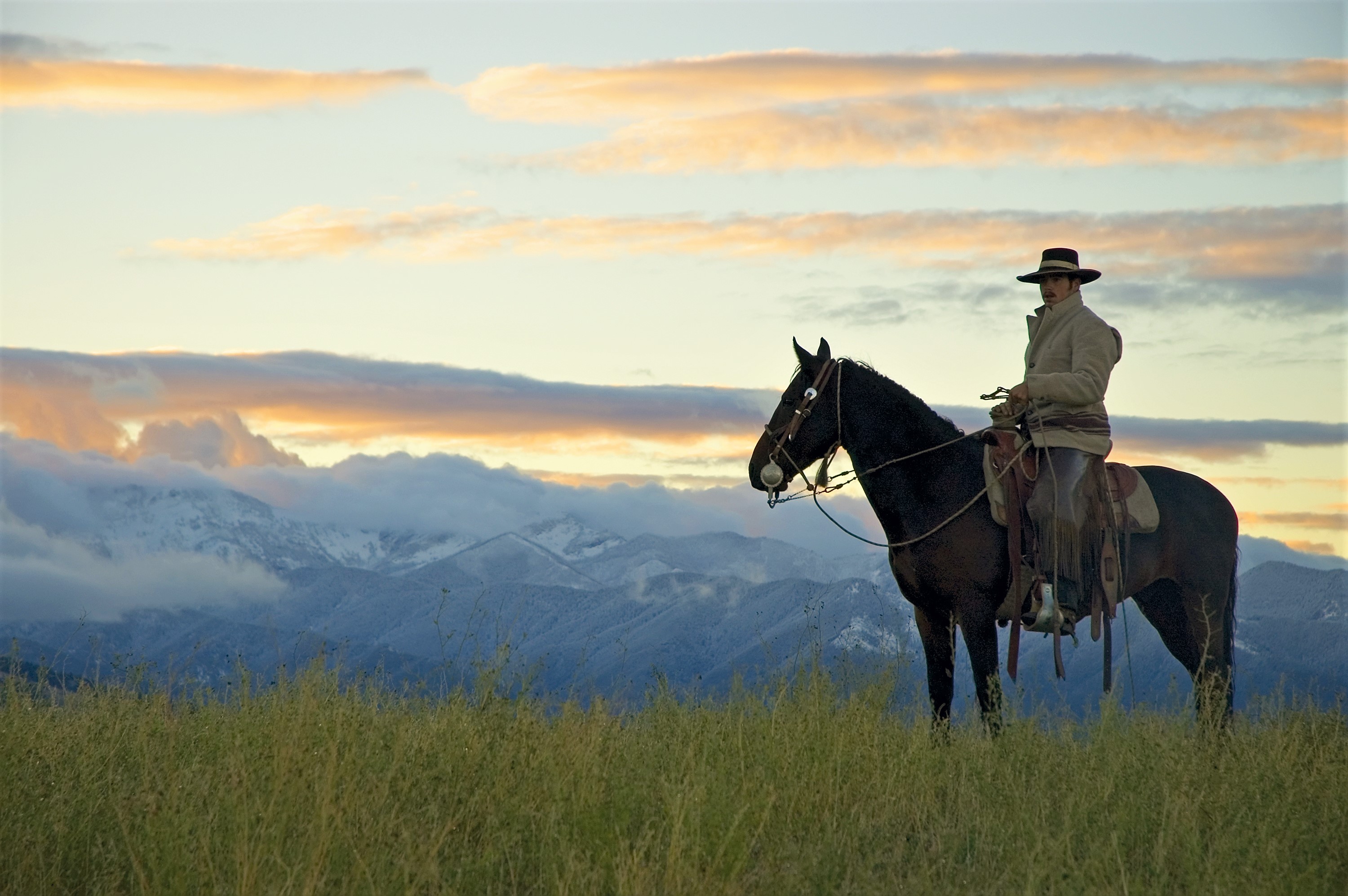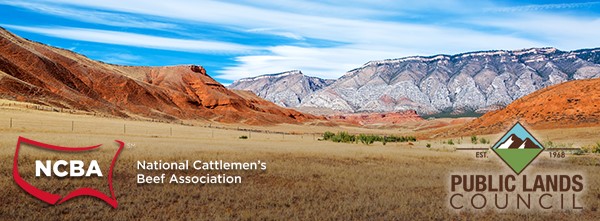WASHINGTON (June 10, 2021) — Today, the National Cattlemen’s Beef Association (NCBA) and Public Lands Council (PLC) issued the following statement in response to Environmental Protection Agency (EPA) Administrator Michael Regan’s announcement that the agency intends to revise the Navigable Waters Protection Rule (NWPR).
“Livestock producers, who manage both their private lands and safeguard public lands, have a deep-seated commitment to protecting and improving our waterways — which is why it is so deeply frustrating when EPA opts for government overreach instead of effective, proven public-private partnerships. The NWPR was an immense step forward in rectifying the egregious overreach of the 2015 rule,” said NCBA Executive Director of Natural Resources and PLC Executive Director Kaitlynn Glover.
“Any changes to the NWPR that limit or restrict agricultural exclusions, or regulate waterbodies on farm and ranchland, will hinder ranchers’ ability to continue making vital investments in their land that restore waterways, conserve riparian areas, and protect wildlife habitat. We will engage fully with EPA as they move forward to ensure that their revisions respect private property rights and do not squeeze out Western communities and producers who are entrenched, by necessity, in responsible water stewardship.”
NCBA and PLC have long fought for workable solutions for cattle producers under the Clean Water Act. Both organizations were instrumental in the repeal of the 2015 Waters of the United States (WOTUS) rule and are currently engaged in litigation to defend the NWPR. The NWPR empowered states to manage waterbodies, solidified important agricultural exemptions, and eliminated federal control over isolated waterbodies that do not contribute to downstream water quality.
EPA has outlined the following priorities for their intent to revise the WOTUS definition:
- Protecting water resources and communities consistent with the Clean Water Act.
- The latest science on the effects of climate change on our waters.
- Practical implementation for state and Tribal partners.
- Reflecting the experience of and input received from landowners, the agricultural community that fuels and feeds the world, states, Tribes, local governments, community organizations, environmental groups, and disadvantaged communities with environmental justice concerns.



